The New Straits Times
by V. Anbalagan
by V. Anbalagan
PUTRAJAYA: A final legal challenge to contest the proclamation of Sultan Muhammad V (Tengku Muhammad Faris Petra) as Kelantan ruler by his father in the civil court has come to an end.
Federal Court judge Tan Sri Alauddin Mohd Sherif, who led a three-man bench, struck out Tuanku Ismail Petra Sultan Yahya Petra's petition.
Tuanku Ismail, meanwhile, was unrepresented.
Lawyer Sunil Abraham, who represented Sultan Muhammad, said they had, on Jan 28, informed the petitioner about yesterday's proceedings.
"We sent a copy of the respondent's (Sultan Muhammad) submission on the striking-out application," Abraham said.
Federal Court judge Tan Sri Alauddin Mohd Sherif, who led a three-man bench, struck out Tuanku Ismail Petra Sultan Yahya Petra's petition.
Tuanku Ismail, meanwhile, was unrepresented.
Lawyer Sunil Abraham, who represented Sultan Muhammad, said they had, on Jan 28, informed the petitioner about yesterday's proceedings.
"We sent a copy of the respondent's (Sultan Muhammad) submission on the striking-out application," Abraham said.
Veteran lawyer Raja Aziz Addruse and legal firm Messrs Rashid Zulkifli, had discharged themselves from representing Tuanku Ismail last month.
Abraham said yesterday that the petition filed by Tuanku Ismail Petra last September was no longer sustainable as the conduct of Sultan Muhammad was not a matter for the Federal Court to decide.
"The petitioner has no locus standi to institute action under the Kelantan Constitution," Abraham said.
He said the proper forum was the Special Court, provided the petitioner had obtained consent from the attorney-general (A-G).
"The petitioner has not obtained the consent of the A-G to institute the present proceedings against the ruler," he said.
Sultan Muhammad was proclaimed ruler on Sept 13 last year following his tenure as regent after his father (Tuanku Ismail) was incapacitated from May 2009.
Tuanku Ismail had earlier filed two petitions challenging Sultan Muhammad in his capacity as regent on grounds that he had appointed new members to the state council of succession and had acted beyond his powers as stated in the state constitution.
However, on Nov 26 last year, the Federal Court dismissed the petitions and gave its opinion that a regent, once appointed, enjoyed and assumed the powers of a sultan.
Raja Aziz Addruse and legal firm Messrs Rashid Zulkifli had discharged themselves as the Federal Court had refused to fix the hearing date in mid-March as sought by them.
Lawyer Abdul Rashid Ismail, who filed an affidavit in support of the application, said Tuanku Ismail appointed Raja Aziz and the firm to represent him.
Rashid said Raja Aziz fell ill during the course of the petition and was required to undergo treatment in a hospital in Singapore.
The treatment would be completed in early March.
Abraham said yesterday that the petition filed by Tuanku Ismail Petra last September was no longer sustainable as the conduct of Sultan Muhammad was not a matter for the Federal Court to decide.
"The petitioner has no locus standi to institute action under the Kelantan Constitution," Abraham said.
He said the proper forum was the Special Court, provided the petitioner had obtained consent from the attorney-general (A-G).
"The petitioner has not obtained the consent of the A-G to institute the present proceedings against the ruler," he said.
Sultan Muhammad was proclaimed ruler on Sept 13 last year following his tenure as regent after his father (Tuanku Ismail) was incapacitated from May 2009.
Tuanku Ismail had earlier filed two petitions challenging Sultan Muhammad in his capacity as regent on grounds that he had appointed new members to the state council of succession and had acted beyond his powers as stated in the state constitution.
However, on Nov 26 last year, the Federal Court dismissed the petitions and gave its opinion that a regent, once appointed, enjoyed and assumed the powers of a sultan.
Raja Aziz Addruse and legal firm Messrs Rashid Zulkifli had discharged themselves as the Federal Court had refused to fix the hearing date in mid-March as sought by them.
Lawyer Abdul Rashid Ismail, who filed an affidavit in support of the application, said Tuanku Ismail appointed Raja Aziz and the firm to represent him.
Rashid said Raja Aziz fell ill during the course of the petition and was required to undergo treatment in a hospital in Singapore.
The treatment would be completed in early March.







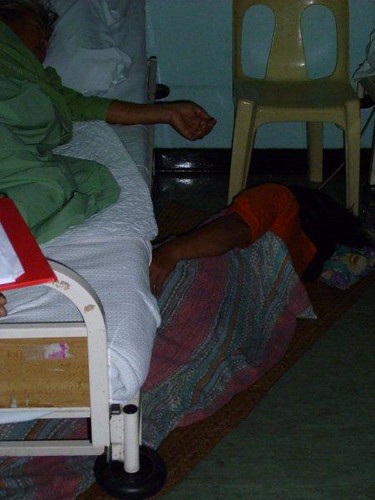
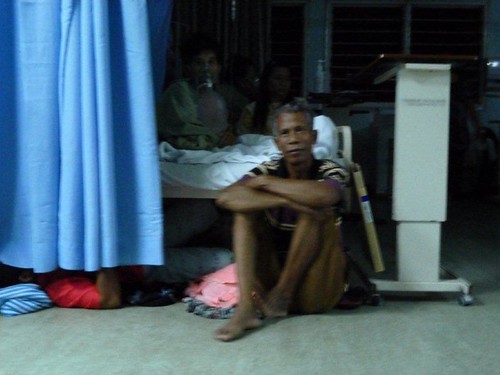
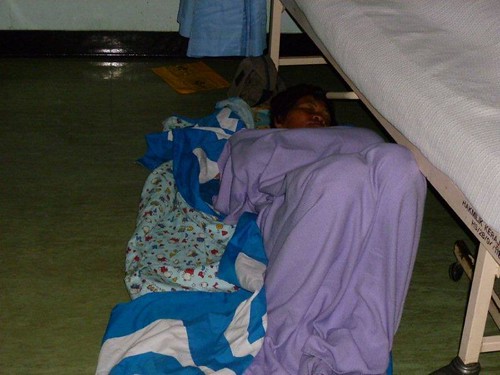
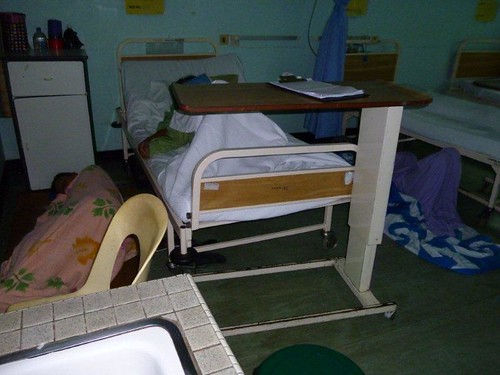
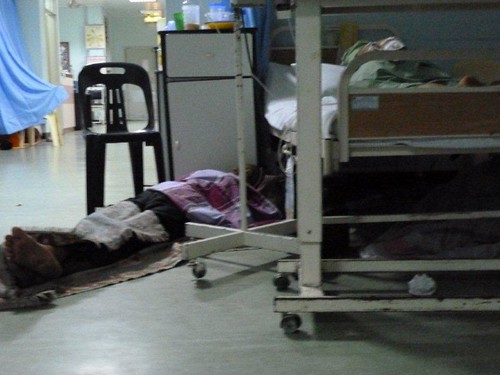
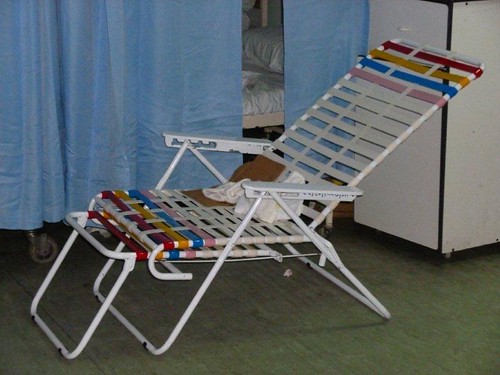
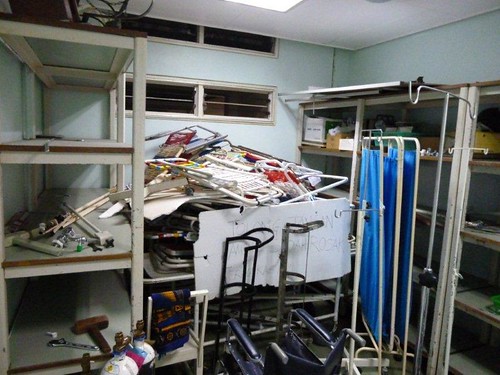
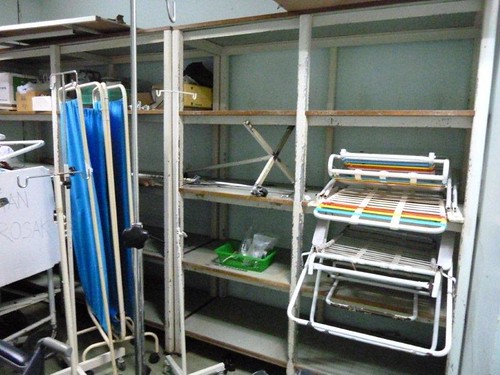
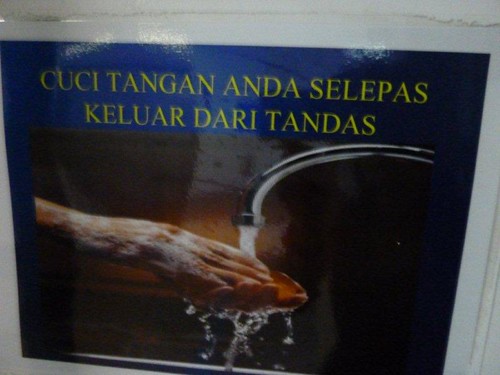
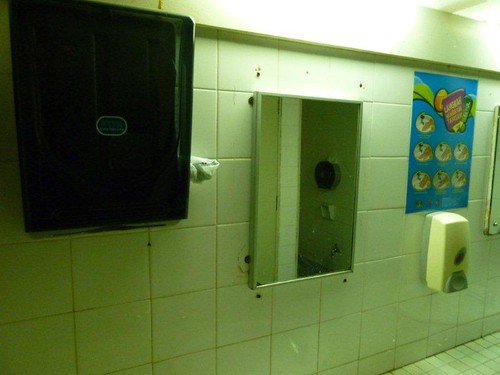

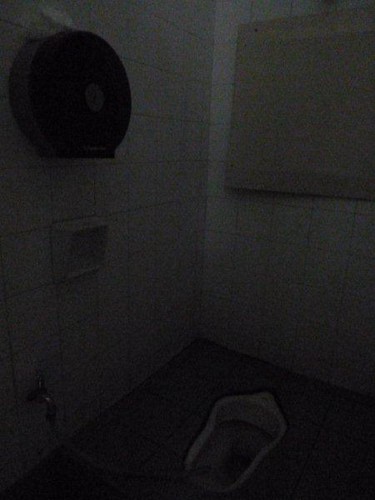

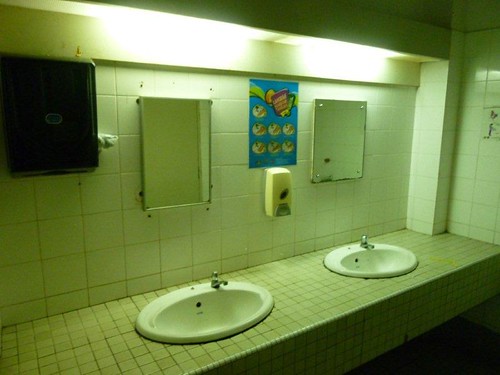
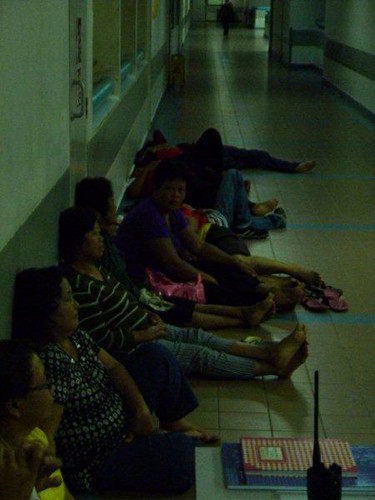
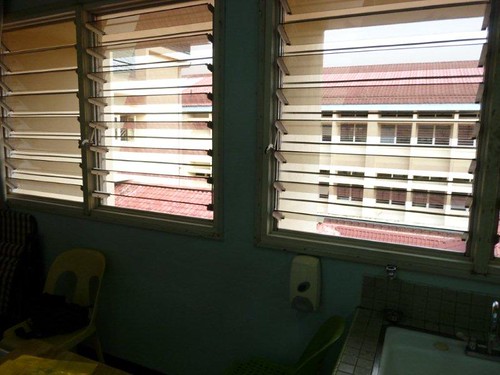
 In the most recent book on Mahathir (left), 'Doctor M: Operation Malaysia - Conversations with Mahathir Mohamad', American journalist Tom Plate interviewed the former premier of 22 years between mid-2009 and mid-2010, spread over four sessions.
In the most recent book on Mahathir (left), 'Doctor M: Operation Malaysia - Conversations with Mahathir Mohamad', American journalist Tom Plate interviewed the former premier of 22 years between mid-2009 and mid-2010, spread over four sessions.






